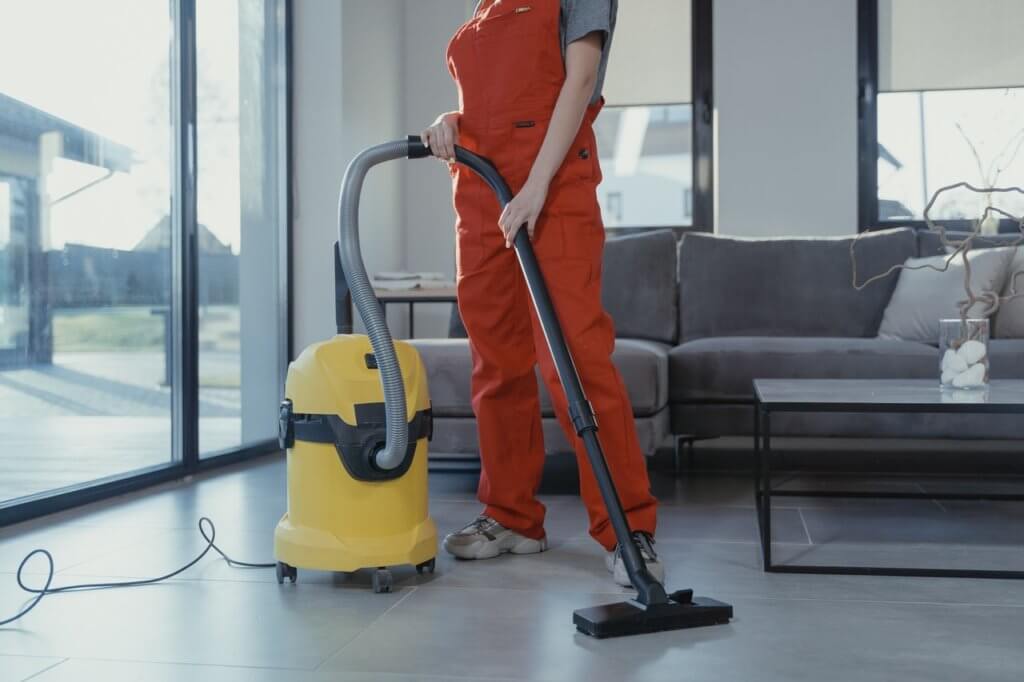Cleanliness is one of the most important aspects of maintaining good health. A study published in the journal “Sickness and Health” found that people who live in clean homes are 30% less likely to develop respiratory problems such as asthma. Other studies have also shown that keeping your home clean can reduce your risk of developing a cold or the flu, as well as improve your overall mental and physical health. . For more information on keeping your home clean, check out our article Cleaning Your Home for A Healthier You.
It has been well established that a person’s microbiome is vital to overall health and wellness. With a better understanding of how the microbiome affects your health, experts believe that you can control it to keep yourself healthy and well. The good news? This is an area that can be easily changed. “We find that there is a lot of complexity in the microbiome and how it works, but it’s also very easy to change,” says Dr. Paul Heidenreich, lead author of the study and researcher from Yale University School of Medicine. “The microbiome has been shown to influence a lot of different illnesses.” To test their hypothesis, the researchers mixed in the microbiome of different types of mice and then observed whether those mice developed type 1 diabetes. The results were encouraging: The mice with altered microbiomes displayed fewer diabetes symptoms, including improved glucose levels and fewer insulin spikes. In fact, the team found that altering just one of an array of microbes could reverse insulin resistance caused by diabetes for the mice. The team also discovered a link between the microbiome and another type of diabetes – juvenile diabetes. This is a form of diabetes in children which occurs as they get older and show signs of developing adult-style diabetes, like insulin resistance and blood sugar fluctuations that can lead to coma or even death. The microbiome could play an essential role in juvenile diabetes. Another key finding was that the microbiome may influence the timing of diabetes onset in mice. The team observed that mice with altered microbiomes exhibited a “window of vulnerability” when they were most vulnerable to diabetes. They also found that, after their microbes were altered, the animals had lower blood sugar levels than usual.
As we all know, taking care of our homes is a great way to improve our health. Cleaning your home regularly can help you reduce the amount of allergens in your environment, clear out dust and pet dander, and remove harmful chemicals and pollutants from the air you breathe. In fact, many studies suggest that regular home cleaning can actually help lower your risk of developing respiratory problems such as asthma. So why not give it a try? Here are nine tips to get started:
1. Start with the basics. Start by cleaning your curtains, furniture, floors, and walls. All of these surfaces can hold allergens and other pollutants that can aggravate your respiratory system.
2. Get a vacuum cleaner with high-powered suction. Your vacuum cleaner should have a high-powered suction, meaning you will be able to pick up even the smallest particles that can clog your respiratory system.
3. Use a HEPA filter on your vacuum cleaner. High-efficiency particulate air filters are a great way to keep allergens out of the air in your home and reduce contaminants from entering it from the outside. For example, a regular HEPA filter can catch tiny dander and dirt, but it cannot catch airborne allergens such as pollen or dust mites.
4. Clean your home with high-efficiency whole house filters if you want to avoid the risk of asthma or other problems. Whole house filters trap air particles so that they do not come into contact with your body when you breathe them.
5. Use a humidifier in your home to keep the air moist. If the air in your home is too dry, allergens will collect and can cause congestion and breathing problems.
6. Seal the windows at night with a good quality window sealant, like Glad! I love this stuff! In fact, I just bought one of those and never have to buy any anymore.
7. Use an air purifier instead of a dehumidifier on your furnace or air conditioner. If air is not moving through your house, it is not taking in enough oxygen, which can cause you to get sick.
8. Run your air conditioner 24/7 if it is running. Heat causes the moisture in the air to evaporate, and if the air is too dry, it can further aggravate allergies and asthma.
9. Wash the windows and clean out all of your garbage cans. You can buy cleaning supplies at a store, or you can hire a professional cleaning service company or agency. Ask your family members and friends to help with the cleaning project, too!
In conclusion, cleaning your home is a great way to improve your health. By taking the time to clean each and every nook and cranny, you can reduce the amount of dust and allergens in the air, as well as reduce your chances of catching a cold or other respiratory illness. If you’re ever feeling overwhelmed by the task of cleaning, be sure to enlist the help of a professional cleaner. They’ll have the knowledge and tools to get your home clean in no time!

